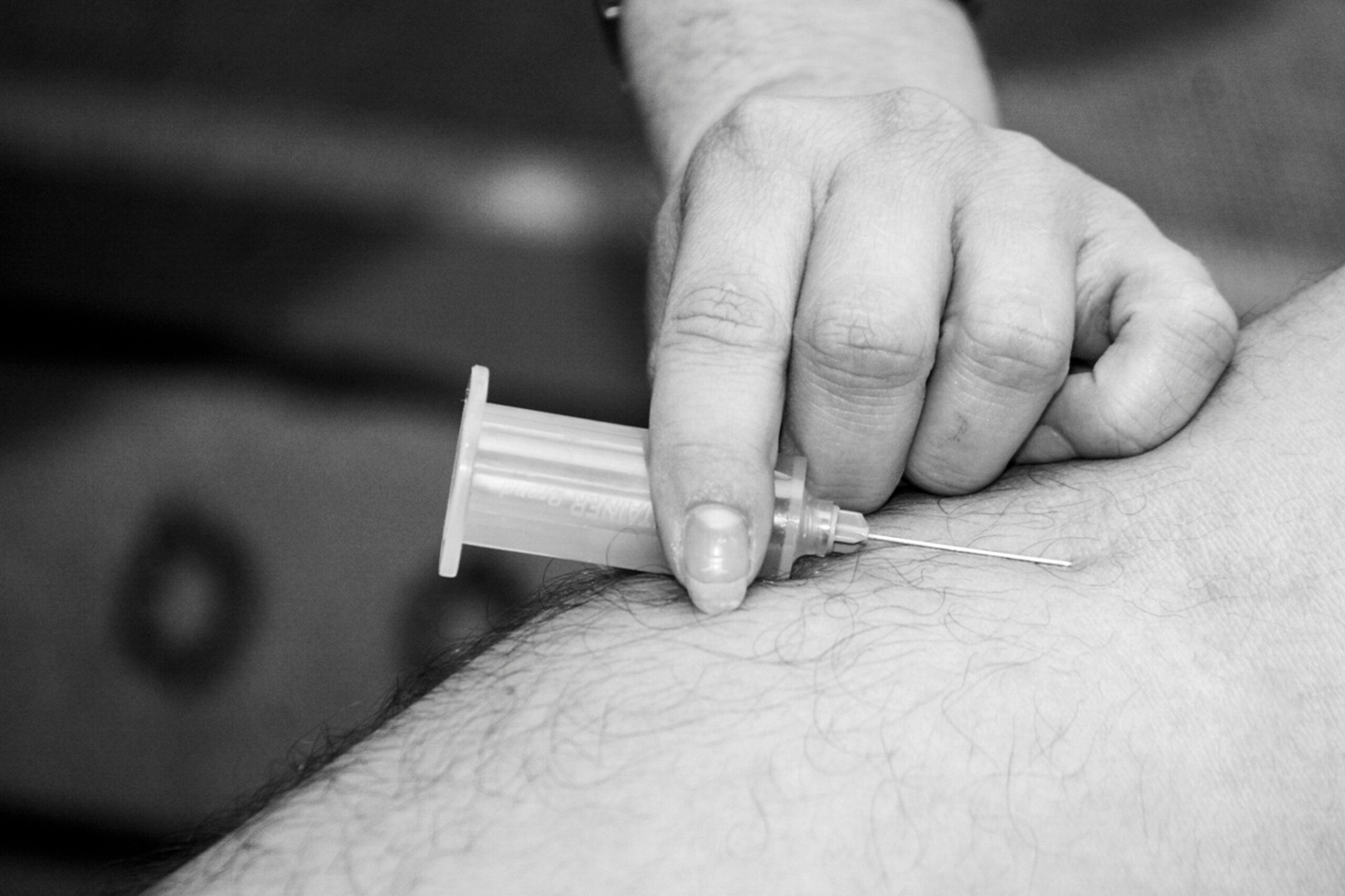Mental Health Awareness in Youth Sports
Introduction
Participation in youth sports offers numerous benefits, including physical fitness, teamwork, and personal development. However, it also comes with challenges, particularly related to mental health. Addressing mental health in youth sports is crucial to ensure the well-being and long-term success of young athletes.
The Importance of Mental Health Awareness
Youth sports can exert significant pressures on young athletes. These pressures stem from expectations of performance, competition, and balancing academics with sports commitments. According to the American Psychological Association, “Children involved in organized sports often experience stress related to competition, coaching, injury, and performance expectations” (APA, 2024).
Statistics and Research Findings
– **Statistics:** Research indicates that up to 35% of youth athletes experience anxiety and depression due to sports-related stressors (Youth Sports Trust, 2023).
– **Impact of Stress:** Chronic stress in youth sports can lead to burnout, decreased self-esteem, and even dropout from sports altogether.
Identifying Mental Health Issues
Recognizing signs of mental health issues in young athletes is essential for timely intervention and support. Common signs include changes in behavior, mood swings, decreased performance, and withdrawal from social interactions.
Case Study: Emma’s Story
Emma, a 15-year-old soccer player, started showing signs of anxiety before games. She became irritable, had trouble sleeping, and her grades began to decline. Her coach noticed these changes and recommended she speak with a sports psychologist. Through counseling, Emma learned coping strategies and regained her confidence on the field.
Support Systems in Youth Sports
Creating a supportive environment is crucial for promoting mental health among young athletes.
Coaching Strategies
– **Open Communication:** Coaches should encourage open dialogue about mental health and create a safe space for athletes to express concerns.
– **Training and Education:** Coaches can benefit from training on mental health awareness to better support their athletes.
Parental Involvement
– **Understanding Roles:** Parents should understand their role in supporting rather than pressuring their children in sports.
– **Encouraging Balance:** Emphasizing the importance of balance between sports, academics, and relaxation is essential.
Resources and Interventions
Numerous resources are available to support mental health in youth sports.
Professional Help
– **Sports Psychologists:** These professionals specialize in addressing mental health issues specific to athletes.
– **Counseling Services:** Many sports organizations provide access to counselors who understand the unique challenges faced by young athletes.
Organizational Policies
– **Policy Development:** Sports organizations should develop policies that prioritize mental health, including protocols for handling mental health crises and promoting mental well-being.
Conclusion
Promoting mental health awareness in youth sports is a shared responsibility among coaches, parents, and sports organizations. By fostering a supportive and understanding environment, we can ensure that young athletes not only excel in sports but also maintain their mental well-being for life.
By addressing mental health issues early and proactively, we empower young athletes to overcome challenges and thrive both on and off the field.\n\n
For more sports content, check out sports highlights and breaking news.
